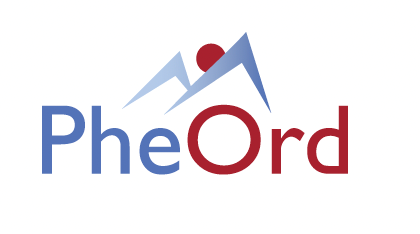About PKU
Phenylketonuria, also called PKU, is a rare inherited disorder that causes an amino acid called phenylalanine or Phe to build up in the body. PKU is caused by a change in the phenylalanine hydroxylase (PAH) gene. This gene helps create the enzyme needed to break down phenylalanine.
Without the enzyme necessary to break down phenylalanine, a dangerous buildup can develop when a person with PKU eats foods that contain protein or products that contain
aspartame, an artificial sweetener. This can eventually lead to serious health problems.
The accumulation of the amino acid Phe, a building block of protein found in your food, in people with PKU can cause learning difficulties, trouble with decision making, difficulty concentrating or focusing, feeling nervous, and trouble following rules.
People with PKU require a special low-protein diet and/or pharmacologic treatment to prevent neurological and developmental complications.


